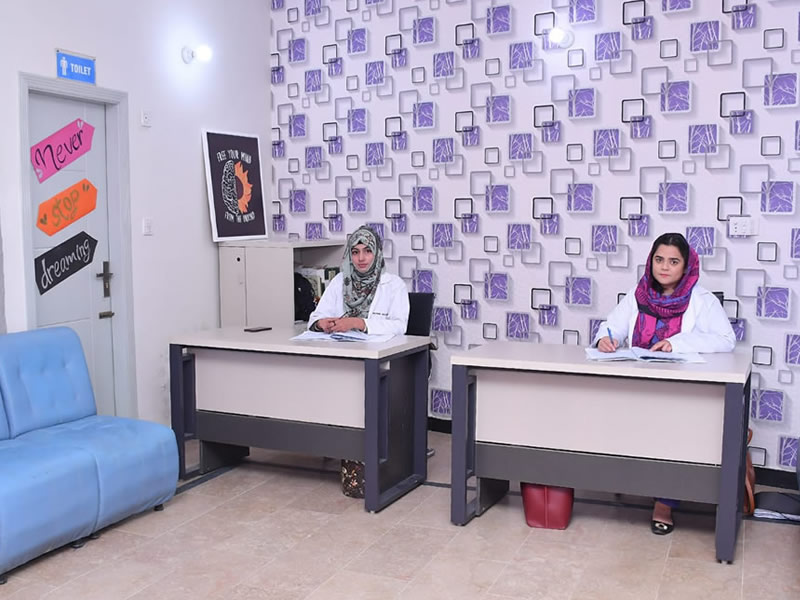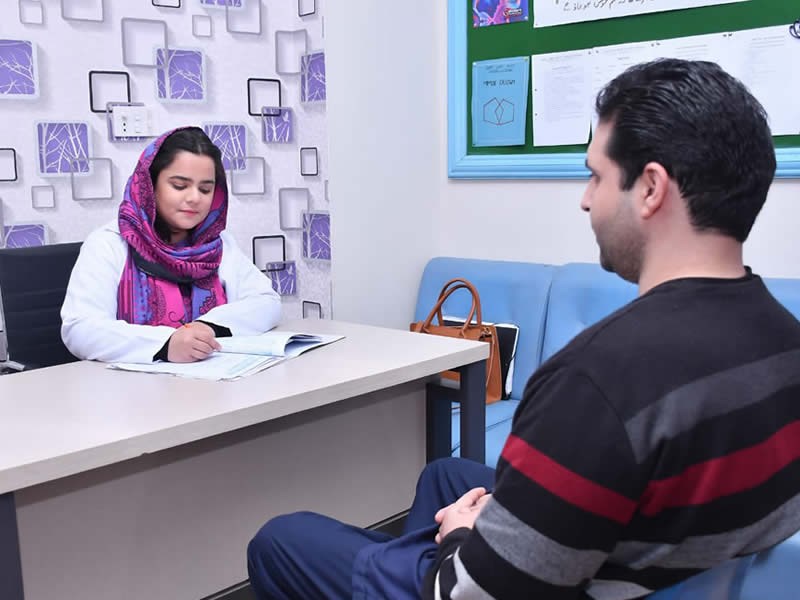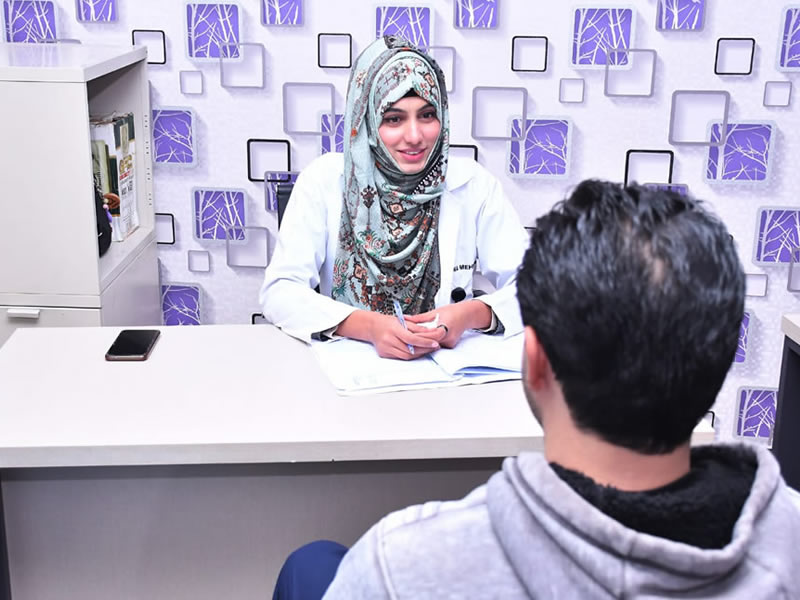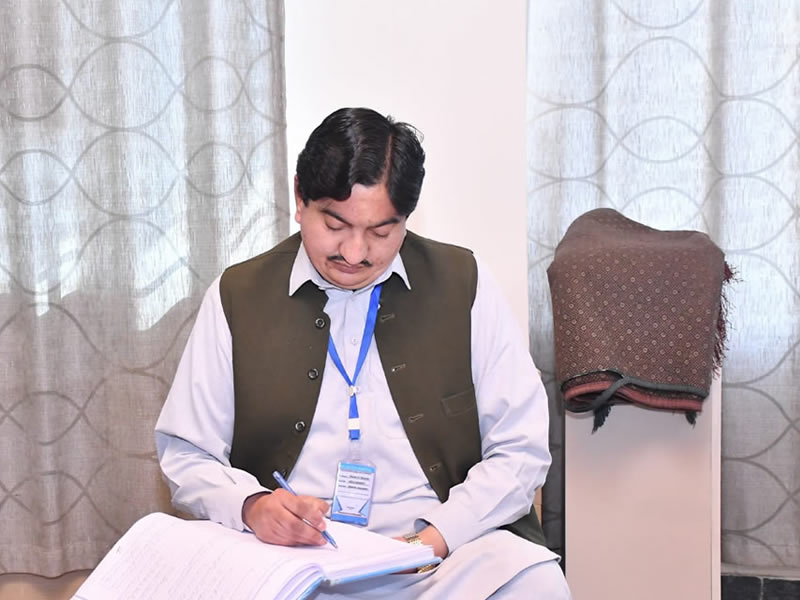Safe Care Trust International
Safe Care Trust International (SCTI), a Registered Trust is a psychiatric and drug rehabilitation centre established in 2014. Our aim is to provide quality treatment to the patients suffering from mental and addictive illnesses. We want to be able to help the vulnerable people of our society whether living in the neighborhood of SCTI or in the remote areas of Pakistan. The patients are provided treatment and rehabilitation including medication, counseling/psychotherapy, indoor games and nursing care. The rehab centre has capacity of 50 beds, wherein only male patients are admissible.
Read More Chairman's Message SCTI
SCTI












